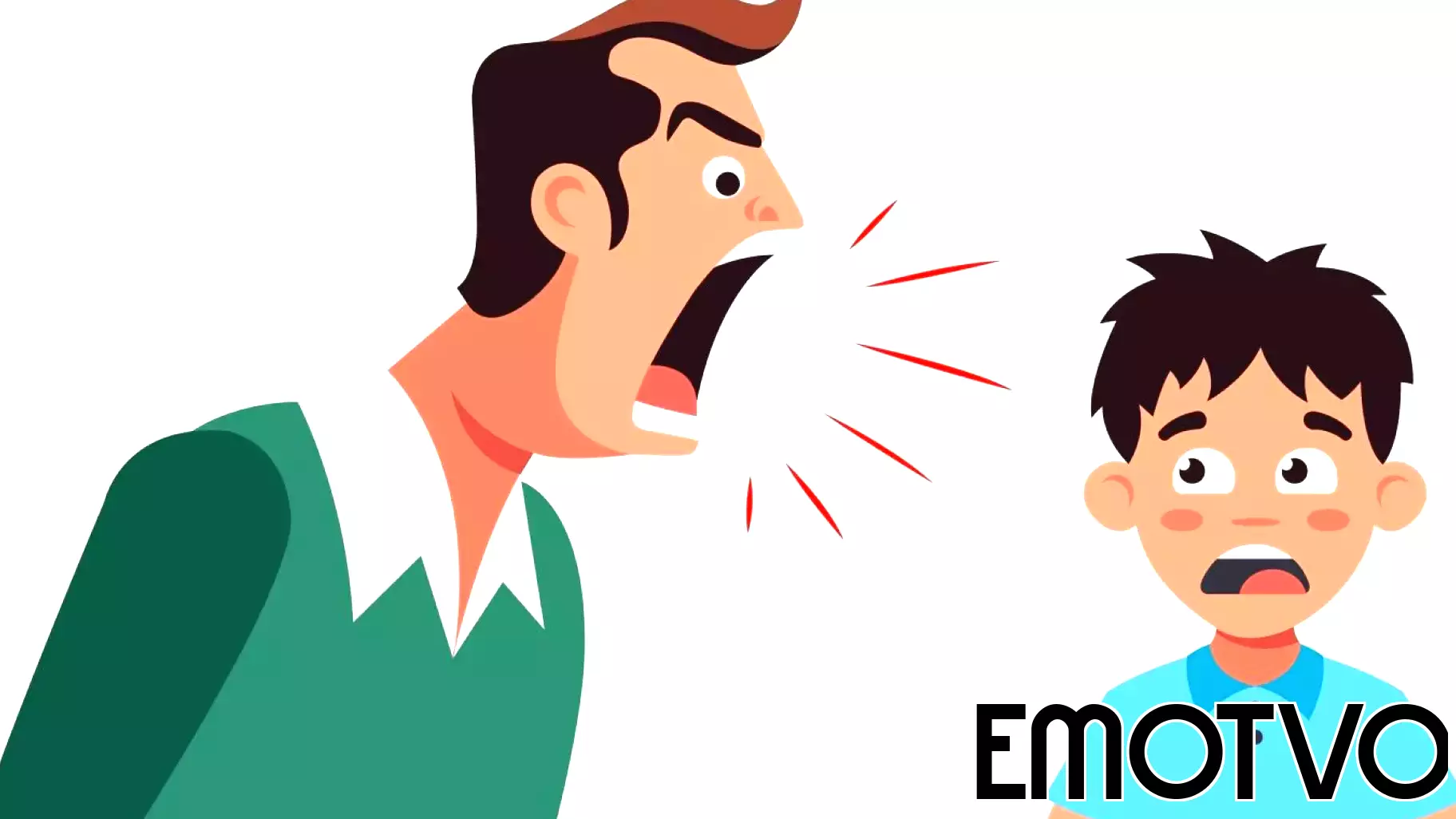December 10, 2024 - 08:17

Children often find themselves caught in the emotional crossfire during their parents' divorce. Research indicates that a child's willingness to engage with a parent can be significantly influenced by the emotional expressions they observe from the other parent. When one parent expresses intense, negative emotions, it can lead to feelings of resistance or reluctance in the child to spend time with the emotionally charged parent.
The intensity of these emotions, their duration, and how recently they were expressed all play a critical role in shaping a child's perceptions and reactions. For instance, if a child witnesses prolonged bouts of anger or sadness from one parent, they may internalize these feelings, leading to anxiety or fear regarding their relationship with that parent.
This emotional absorption can create a complex dynamic, as children may feel torn between their parents, ultimately affecting their mental health and well-being. Understanding this phenomenon is crucial for parents navigating the challenges of divorce, as it underscores the importance of managing emotional expressions for the sake of their children's emotional stability.



